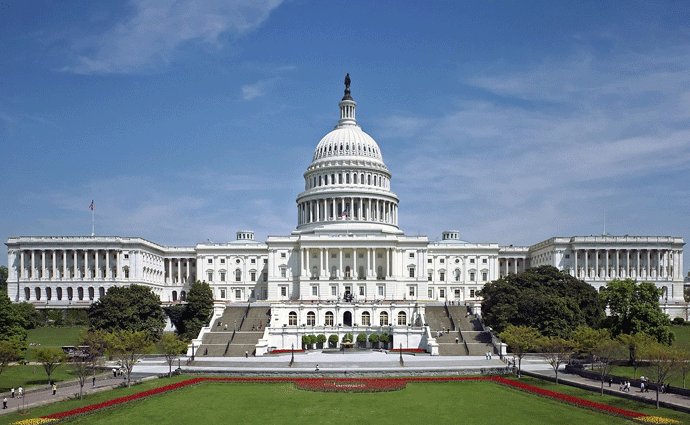Virginia Legislature Approves Medicaid Expansion
The Virginia Senate and House approved Medicaid expansion in a two-year budget bill that will insure an additional 400,000 state residents.

Source: Thinkstock
- The Virginia General Assembly has passed Medicaid expansion as part of a two-year budget bill that could provide coverage to 400,000 newly eligible residents.
The action would make Virginia the 33rd state in the US to expand Medicaid under the Affordable Care Act.
In proceedings on May 30, the state Senate passed the budget in a 23-17 vote. The House later approved the bill in a 67-31 vote, which sent the bill to the desk of Virginia Governor Ralph Northam (D).
Northam is expected to sign the bill, pending a technical review from his office.
“This budget is the culmination of five years of effort to bring our taxpayer dollars home from Washington and expand Medicaid,” Northam said. “As a doctor, I’m so proud of the significant step we’ve taken together to help Virginians get quality, affordable care.”
“This budget doesn’t just expand healthcare access to those who need it most, it also invests in core economic priorities like education and workforce training and significantly increases the cash reserves that insulate our state finances from economic disruption,” he added.
The federal government will provide Virginia with $5.9 billion in 2019 to fund Medicaid services and $7.1 billion in 2020.
Additionally, the state will allocate $1.05 billion in payments for beneficiary insurance coverage in 2019 and increase payments to $2.3 billion in 2020. The state set total Medicaid spending budgets of $11 billion in 2019 and $12 billion in 2020.
The expansion extends eligibility to members that earn incomes equal to 100-138 percent of federal poverty level. The state previously used more stringent income and family criteria where individuals without children or disabilities could not enroll in the program, regardless of income.
Virginia also plans to incorporate a 1115 demonstration into the state’s Medicaid program that uses behavioral incentives and work requirements to set beneficiary eligibility.
State officials plan to submit a waiver to CMS 150 days after the budget approval to create work, community engagement, and tobacco cessation requirements. Virginia lawmakers also would provide cost-sharing and premium reduction rates for individuals that meet certain work requirement and tobacco cessation goals.
Enrollees would have to gradually increase their work commitments starting at a baseline of 20 hours of work or community activities per month. By month twelve, enrollees would be required to work 80 hours a month.
Virginia looks to follow in the footsteps of states such as Arkansas and Indiana to leverage Medicaid work requirement to address behavioral and socioeconomic health issues of Medicaid populations.
The Medicaid expansion would increase Virginia’s Medicaid population by 40 percent and could push other states into approving Medicaid expansion under the ACA.
